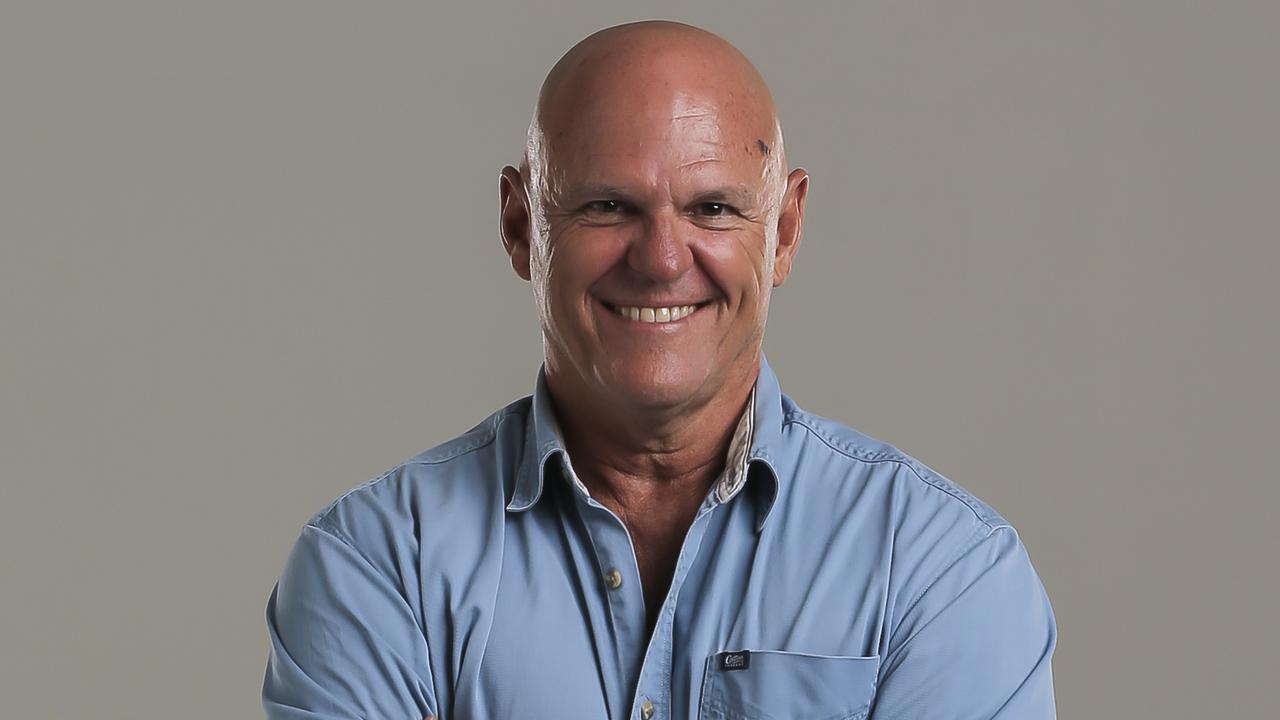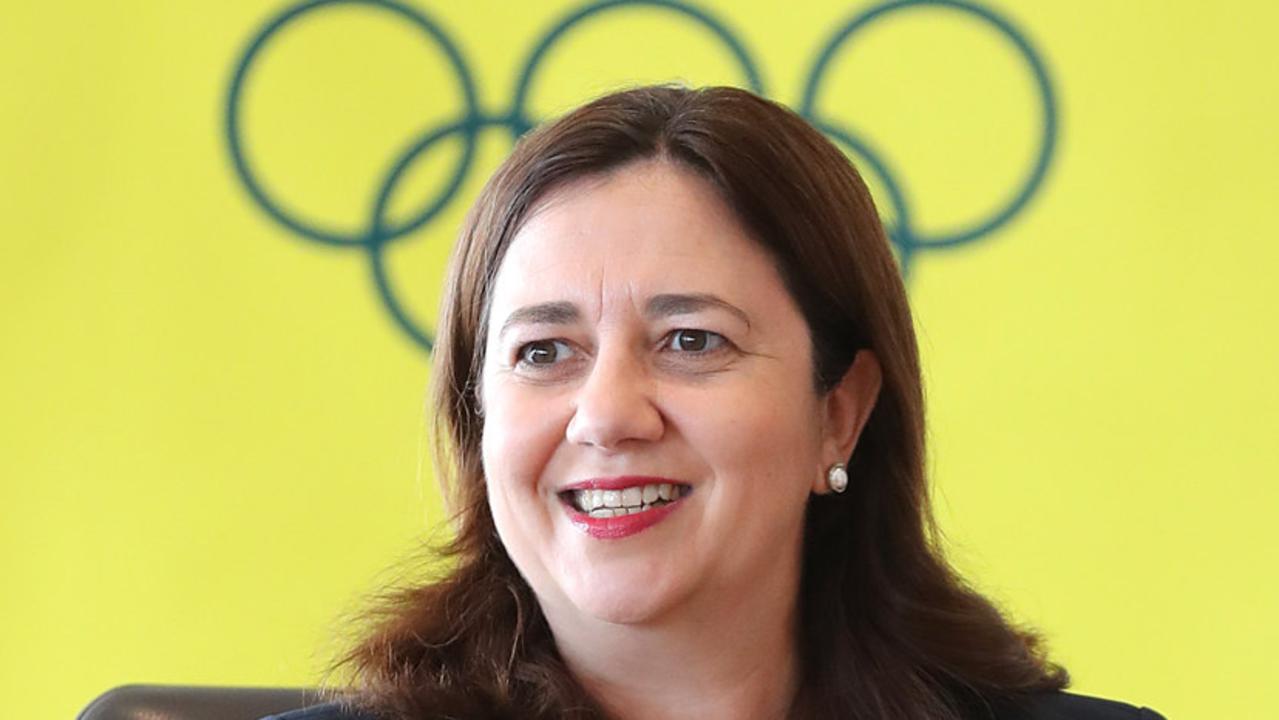Editorial: Sudden political interest in Queensland and its marginal seats must continue beyond election day
Both sides of politics who are so keen to court Queensland where seats are in the balance, need to demonstrate that they truly understand our big state, writes THE EDITOR.
Opinion
Don't miss out on the headlines from Opinion. Followed categories will be added to My News.
IT IS clear that Queensland is foremost in the minds of our nation’s political leaders as the deadline for calling the next federal election approaches.
Bill Shorten spent most of last week travelling the Queensland coastline in a big red bus emblazoned with his image. Tomorrow the Morrison Government’s entire Cabinet team will be in Brisbane for their first meeting of 2019.
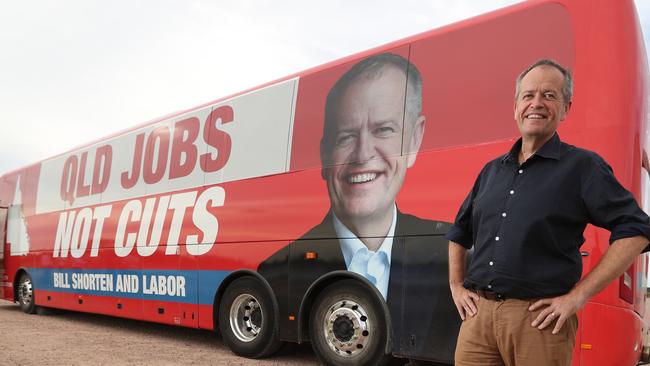
The reason for Queensland getting so much attention is simple mathematics. Nine of the Morrison Government’s 22 most marginal seats are in the Sunshine State after the LNP’s shambolic 2016 election campaign under former prime minister Malcolm Turnbull.
The results in these electorates will potentially decide which party has the keys to The Lodge in its pocket for the next three years.
The attention is more than welcome. Too often the Sunshine State is overlooked for Sydney and Melbourne by Canberra-based politicians because of the concentration of seats in those cities. The number of Queensland marginal electorates held by the incumbent government has changed the game.
Prime Minister Scott Morrison is promising not to come empty-handed.
He has flagged plans to fund road and rail projects and will seek to juxtapose these commitments with the dearth in infrastructure spending occurring under Labor at state level.
However, after the Coalition refused to fund our $5.5 billion Cross River Rail project while committing to an uncosted underground railway to Melbourne Airport, the Prime Minister has a job ahead of him convincing Queenslanders that their state has become his priority.
Too often in recent years, integral Queensland infrastructure projects have been stalled because of senseless funding disputes between Federal and State governments.
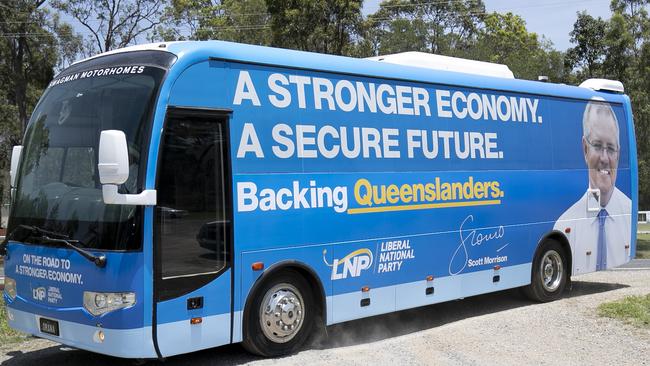
The Palaszczuk Government has to wear some of the blame for that. It has played politics with infrastructure, often because it simply cannot afford its own responsibilities.
Hopefully, the promises Mr Morrison makes that require joint funding with the state will mirror the percentage paid by the Federal Government for similar projects in other jurisdictions. The timing for construction will also be integral.
Recent statistics have indicated that interstate migration is once again driving Queensland’s population and with such growth will come pressure on roads, schools and hospitals.
All this is not to suggest we are a mendicant state seeking handouts.
While we have a State Government that is refusing to tackle debt in order to free up the necessary funds to invest in the future, Queensland is merely seeking its fair share.
Mr Shorten made some commitments last week and has long promised funding for Cross River Rail.
However, more will be expected from the Labor leader as the election draws near.
From now until polling day, both sides need to demonstrate that they understand our big state and its requirements. Whoever does that best just might win the next election.
* * *
CHILDHOOD OBESITY IS A SOCIETAL PROBLEM
IF YOU agree with the adage that it takes a village to raise a child, and a child’s upbringing is influenced by its broader community, then we are failing our most vulnerable citizens.
The scourge of childhood obesity shows no sign of abating in Australia, despite the effort that has been put into healthy eating education and raising awareness of the dangers of obesity.
While parents should shoulder most of the blame if their children are carrying too much weight, there are other factors at play that complicate the task of being a mum or dad in today’s society.
These include the busy lifestyle of dual-income households, 24-hour takeaway food outlets, online gaming and high sign-on fees for children’s sport. Some might argue that these are just the latest excuses, and parents simply should ensure their children eat less junk food and spend more time playing outside.
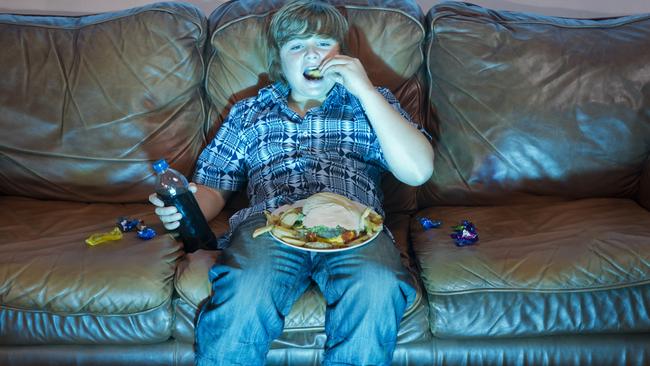
However, that view overlooks how the evolution of social norms has created new challenges for parents.
Few children walk or ride a bicycle to and from school because of heightened fear of predators.
For many families a drive-through dinner during the week is a result of mum and dad’s work demands. Sure, playing outside is free; but so is Fortnite, the most popular game in the world right now, which is available on almost every platform.
These examples of social challenges facing parents demonstrate why the Australian Medical Association is so concerned about childhood obesity.
As The Courier-Mail reports today, children will return to school this week wearing uniforms in sizes that simply weren’t made for adolescents in past generations.
The rise of obesity also means more parents are having to resort to measures such as special movement training because their sons and daughters struggle to cope with the physical demands of a school day.
With more than one in four Australian children considered too heavy for their age, berating parents for not doing their job won’t work.
Clearly, Australia needs to get more serious about its childhood obesity epidemic. We need to accept the problem will cost everyone.
As a community, we need to be prepared to start intervening with more significant measures to ensure our kids can live more healthy lifestyles.
Responsibility for election comment is taken by Sam Weir, corner of Mayne Rd & Campbell St, Bowen Hills, Qld 4006. Printed and published by NEWSQUEENSLAND (ACN 009 661 778). Contact details are available at couriermail.com.au

